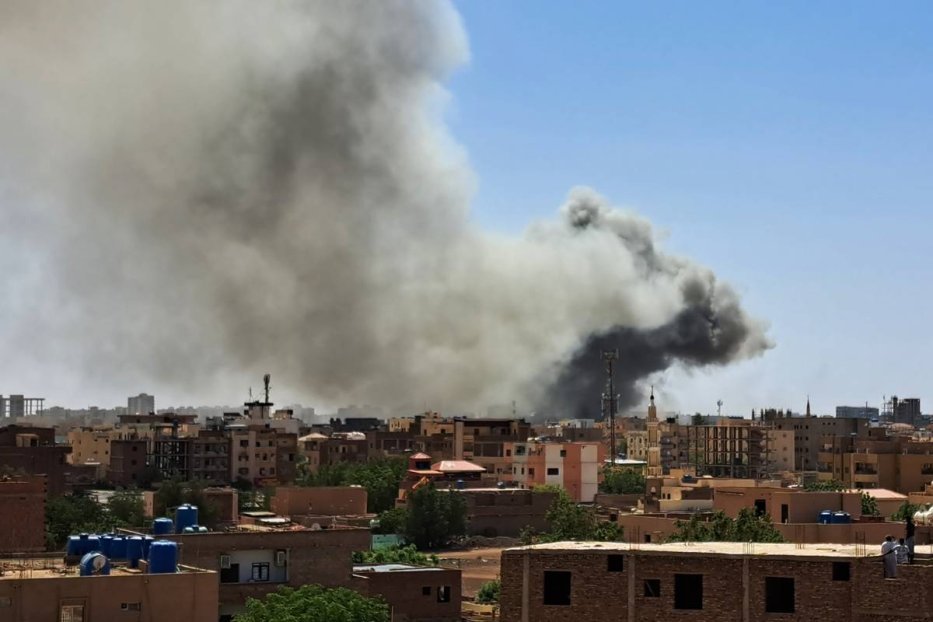Sudan Virus Outbreak: WHO, Ireland Aid Uganda Fight

Kampala, Uganda – A multi-district outbreak of the Sudan virus disease (SVD), declared on January 30, 2025, in Uganda is prompting a robust international response. The outbreak, which initially presented challenges due to its emergence in the capital city, Kampala, has seen coordinated efforts from the Ugandan Ministry of Health (MoH), the World Health Organization (WHO), and international partners, including Ireland.
The outbreak, unlike previous occurrences, began in Kampala, a city of over 6 million, significantly complicating containment efforts. Initial cases stemmed from a deceased 34-year-old nurse, resulting in two separate transmission chains: one involving his family and the other linked to a private healthcare facility. Despite relatively few cases, the virus rapidly spread to three of Uganda's ten cities, necessitating a swift and coordinated response. This occurred amidst an existing mpox outbreak, further straining Uganda's health system, which was also facing revised funding support from the U.S.
The MoH, in close collaboration with the WHO, swiftly formed a national coordination committee and implemented a response plan. Within 24 hours of the official notification, the WHO Deputy Director-General, Dr. Mike Ryan, arrived in Uganda to support coordination and oversee the response. Subsequent strategic partner meetings reassessed strategies, prioritized resource allocation, and aligned interventions for the next 210 days. Coordination efforts extended to the district level, engaging local leaders and communities to enhance awareness and participation in containment strategies.
The response involved leveraging traditional public health tools like contact tracing and quarantine, alongside newer technologies such as using cellphone data to track movements and identify contacts. The strategic use of remdesivir, thanks to stockpiled supplies from a 2022 outbreak, proved crucial in saving lives. The existing mortality surveillance system also played a critical role in early detection, enabling timely intervention.
As of March 31, 2025, 12 confirmed and 2 probable SVD cases had been recorded, with 10 recoveries and two deaths. All confirmed cases have since recovered and been discharged, shifting the focus to sustained surveillance and public awareness campaigns.
Ireland has significantly contributed to the response, pledging €1 million to support WHO-led efforts focusing on surveillance, infection prevention and control, and community risk communication. This contribution, part of the UN Uganda Emergency Appeal, will bolster the national response capacity and aid in ending the outbreak. Other countries including Germany, Norway, Canada, and France have also provided support through the WHO Contingency Fund for Emergencies. While the risk of cross-border transmission remains currently low, the global health community remains vigilant in monitoring the situation and preventing further spread.









